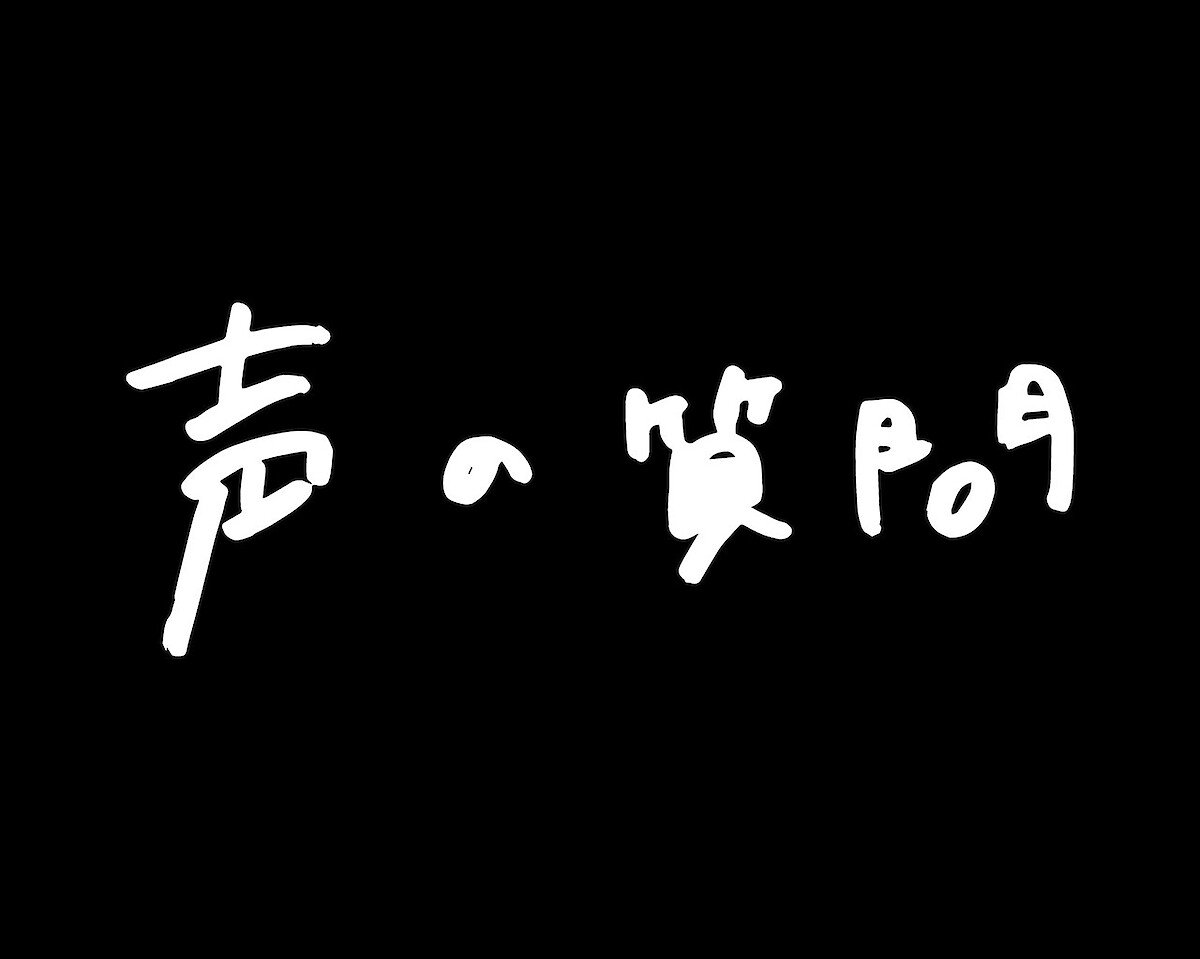19 Vocal Questions
Theme:
Pop Cultures
Dates:
26.11.20 - 3.12.20
Location:
online
Online Workshop proposed by Wataru Asada

In locked-down Tokyo, I suddenly had more time reading. Browsing the bookshelves, I came across some of the books that I had forgot they were there. One such book was titled “The Questions”, written by a composer Michi Tanaka, also known as the personal assistant for Shuji Terayama, that contained 365 questions both in Japanese and in English.
- — What do you think is the initial sound that was born when the Earth was born? (p. 25)
- — Why does a labyrinth have an entrance and an exit? (p. 102)
- — Do we need to be free from freedom? (p. 333)
Reading them again, I could feel my thought spread its wings and, at the same time, I felt like sharing this sensation with others, by asking questions.
My intuition was that all this ought to be shared by voice: I did not write down my questions but recorded them on my smartphone and send the voice messages to those whose answers I wanted to know. They also replied vocally, and their answers were full of “sonic texture” deriving from their breathings, pauses and background sounds of where they answered the questions, which instantly made me feel very close to them, even to those whom I hadn’t seen for a while.
Initially, I reused the questions from the book “The Questions”, but gradually I decided to coin questions by myself. Starting sometimes from questions, sometimes from the person I wanted to send it to, I delivered my “voice” to each of them and then received their “voices” back again.
- — I didn’t understand what it was about. It was a bit embarrassing but a fun in the end.
- — It relieved my depression of being locked down in home.
Receiving such comments, I felt that a window was opening up in my heart as well.When there is no escaping the daily life around us, this exchange of “vocal questions” can offer us the possibility at once to go “far away” and to be “close” to each other. I would like to look for people who want to join this.
X
19 Vocal Questions | by Wataru Asada
How to participate in the 19 Vocal Questions:
First of all, you have to open your favorite window. Put yourself beside the window and feel/hear the surroundings. Now prepare a voice recorder. We think you can find one of these on your smartphone.
Once comfortably at your window side, answer to the questions in any language of your choice. You can either:
- listen to the video presentation and answer the 19 questions as they are asked
or - pick up any question(s) you want to answer after listening to the video presentation. Please repeat the question(s) before answering
When you finish your recording, please upload the audio file using the following link. Upon reception, your answers may be presented on this SoundCloud playlist. You may listen to voices from other people from other window-sides.
Wataru Asada was born in 1979. In 2002, as the drummer of the band “Echigo-ya”, having released two CDs from NMR label led by the Japanese alternative rock band, Quruli. After the band disbanded, he developed his own unique community activities through art while working for several NPO’s and temples in Osaka. In 2009, he proposed the social concept of “sumi-biraki,” or semi-public dwelling, which attracted many adherents. He is the author of many books, including “Sumibiraku” and “Soki no Ongaku: Expression, Memory and Community”. A part-time lecturer at the University of Tokyo and Kyoto Seika University. He won the runner-up prize in the digital music category of Ars Electronica 2013 for his sound project “SjQ/SjQ++”, in which he played the drums.
Authors website:
keywords:
#voice_messaging, #soundscape, #sonic_social_design, #with_COVID-19
